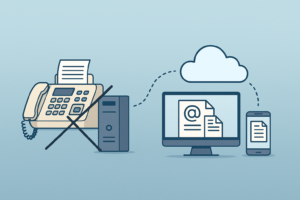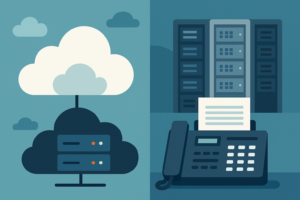While the Internet has provided the business world with numerous benefits, the biggest one may be the ability to send and receive messages in the blink of an eye. Email and other online message sharing services have made communication between co-workers and customers exponentially more convenient and efficient, allowing users to increase decision-making and improve productivity.
Unfortunately, when relying on the Internet to complete a critical business process, that function is left vulnerable to the biggest threat on the Web: malware. For example, online file sharing service Dropbox announced recently that its users were targeted by a group of cybercriminals attempting to store and spread malware on the site. The attackers tried to spread Bartalex malware by sending Dropbox links with malicious attachments instead of sending a traditional spam message.
"Instead of attachments, the message this time bore a link to 'view the full details'," according to an advisory from security firm Trend Micro. "By hovering over the URL we can see that it redirects to a Dropbox link with a file name related to the supposed ACH transaction. The URL leads to a Dropbox page that contains specific instructions (and an almost convincing) Microsoft Office warning that instructs users to enable the macros. Upon enabling the macro, the malicious document then triggers the download of the banking malware."
 Many online communication methods are targets for malware.
Many online communication methods are targets for malware.Traditional online file sharing can lead to data breaches
After researching the cyberattack, Trend Micro researchers discovered at least 1,000 malicious Dropbox links leading to malware at the peak of the campaign. Security experts suggest that hackers are turning to macro malware like Bartalex in an attempt to get around more modern sophisticated defense systems. Macro malware is a cyberthreat that affected many older versions of Windows operating systems so attacks using such a method haven't been seen much since Office XP tweaked its system in 2001 to defend against it. Windows required user permission to expect macro scripts in embedded files, making users aware of the programs attempting to run on their computer.
"Macro malware like BARTALEX is seemingly more prominent than ever, which is an indicator that old threats are still effective infection vectors on systems today," Christopher Talampas, a Fraud Analyst with Trend Micro, wrote in a recent blog post. "And they seem to be adapting: they are now being hosted in legitimate services like Dropbox, and with the recent outbreak, macro malware may continue to threaten more businesses in the future."
"Phishing scams are on the rise and 25% currently succeed."
This attack on Dropbox users comes on the heels of a report published by Verizon that found phishing scams are on the rise and 25 percent currently succeed in tricking users into downloading malware. The increasing risks associated with certain types of online communication are worrying and can cause big trouble for businesses that fall victim to a phony Dropbox link or phishing email.
Despite all of the security risks associated with online communication, businesses still want to be able to take advantage of the benefits such a process offers. Luckily, FaxCore's online faxing solution offers the advantages of online communication without the threat of malware. The security worries that hold so many companies back are eliminated by using fax-over-IP services, as FoIP utilizes the cloud to keep information secure. When a document is sent with FoIP, the message is stored in a data center and protected with sophisticated back-end encryption. Because FoIP services employ the cloud, every fax that is sent is saved on an organization's dedicated server, creating an archived database of past messages. This allows for records to be stored securely without the need for hard copies.
Enhance enterprise communication, collaboration and compliance efforts with a proven FoIP solution from FaxCore. Contact FaxCore today to learn more about their 'Partly-Cloudy' fax solutions.




